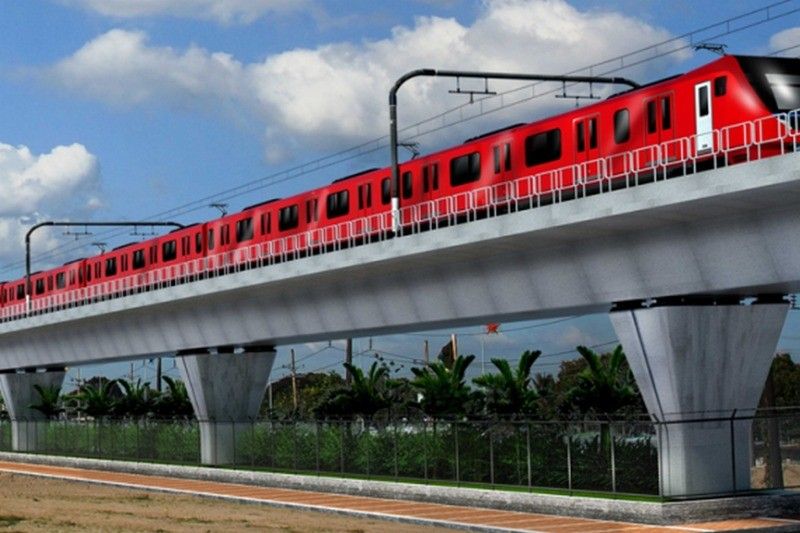Gov’t paid P6.72 billion in commitment fees to foreign lenders since 2002

MANILA, Philippines (Updated Nov. 19, 2024; 3:43 p.m.) — Since 2002, the Philippine government has paid P6.72 billion in commitment fees to foreign lenders for infrastructure projects
Commitment fees are to be paid when a borrower fails to avail of the loan upon the agreed-upon time. While the Philippines is no stranger to availing debts for major infrastructure projects, the question of how well they make good on the loans can be seen in the amount of its commitment fees.
During the Senate’s budget plenary on Thursday evening, November 14, Sen. Joel Villanueva questioned the Department of Transportation’s (DOTR) large debts and their low utilization rates.
From 2002 to Aug. 31, 2024, the government has paid P6.72 billion in commitment fees, according to Villanueva.
Out of the five projects with highway commitment fees, two of them are projects of the DOTR.
“The South Commuter Railway Project incurred the highest commitment fee in 2023. In 2023, $2.41 million. That’s about P142 million,” Villanueva said.
The other DOTR budget with the largest commitment fee is the Malolos Clark Railway Project, which has a commitment fee of $1 million. The commitment fees of both the South Commuter Railway Project and the Malolos Clark Railway Project were paid to the Asian Development Bank.
The DOTR’s budget sponsor, Sen. JV Ejercito, did not dispute these numbers.
The main issue, Ejerito said, was right-of-way problems. Villanueva, however, countered that there was no need to secure the loans in the first place if those issues had not yet been resolved.
“We have to prove first that the agency or the department can implement, otherwise we will only be paying commitment fees. Otherwise, we will only be paying commitment fees. In the meantime, we can devote the money to other projects,” Villanueva said.
Ejercito explained that there was a policy difference between the DOTR and the Department of Budget and Management (DBM).
The DBM would not dedicate funding for a project if there is no loan yet, but the DOTR said that it could not make the preparatory activities (such as resolving right-of-way issues, and relocation of informal settlers) that would make conditions ideal for a loan.
“DOTR is proposing that the funding will continue for the Project Management Office specifically to prepare the requisites for the loan proceeds later on,” Ejercito said.
However, Ejercito concurred that there is a disconnect with this process.
The DOTR’s budget was subject to a massive reduction in 2024, with many of its priority projects going to unprogrammed funds.
--
Editor's Note: This story has been updated to correct the year covered by the government payment from 2022–2024 to 2002–2024. Villanueva's quote has also been removed to reflect the corrected figure of P2.2 billion.
- Latest
- Trending






























